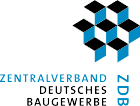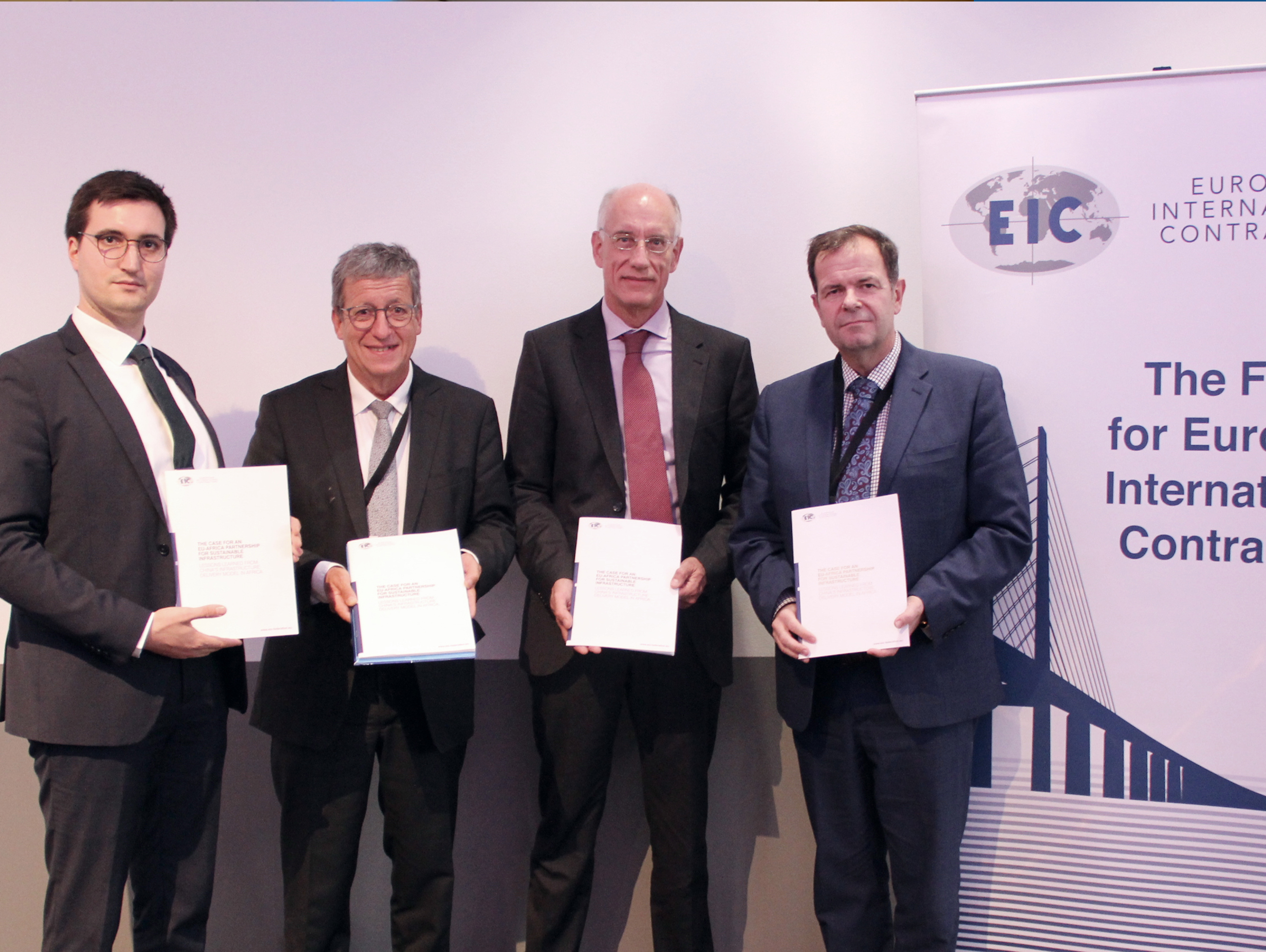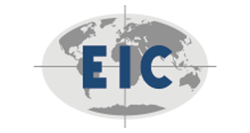WHO'S WHO
FIEC MEMBER FEDERATIONS
FIEC MILESTONES 2019-2020
COMMUNICATION
ECONOMIC AND LEGAL COMMISSION
SOCIAL COMMISSION
TECHNICAL COMMISSION
CONSTRUCTION 4.0
COMPETITIVENESS
WORKING GROUP HOUSING
CHINA CHALLENGE
THE EURO-MEDITERRANEAN PARTNERSHIP (MEDA)
CONFEDERATION OF INTERNATIONAL
CONTRACTORS’ ASSOCIATIONS (CICA) EUROPEAN INTERNATIONAL CONTRACTORS (EIC)
CONTRACTORS’ ASSOCIATIONS (CICA) EUROPEAN INTERNATIONAL CONTRACTORS (EIC)




































